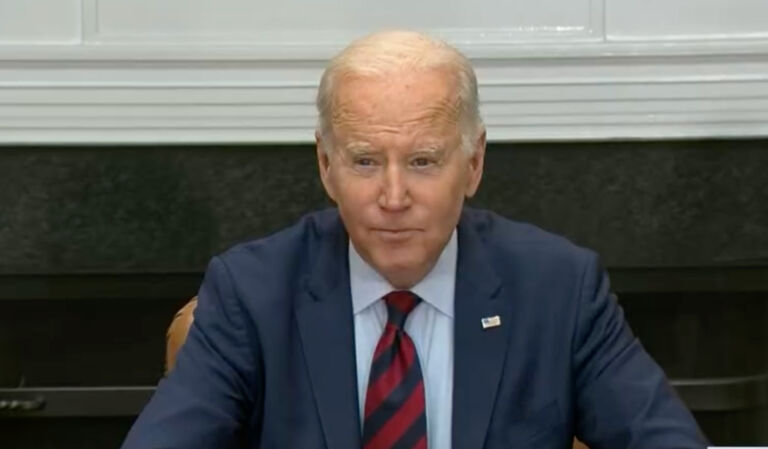Teenagers today are much less likely to have jobs than did teenagers in the past. A big reason for that is the minimum wage. In the letter below, Don Boudreaux tries to connect the dots for the reporter and everyone else:
Editor, Chicago Tribune
Dear Editor:
Although your reporter seems unaware of the fact, your report “Weak hiring rate persists for teens” (Feb. 1) offers strong and direct evidence for three of the worst consequences that economists have long warned result from minimum-wage legislation. To wit –
– persistently low employment rates for teenagers generally (at 16 percent, the employment rate for all teens in Chicago is lower than the overall employment rate in Chicago);
– even lower employment rates for minority teenagers (while 30 percent of white Chicago teens are employed, paying jobs are held by only 21 percent of Chicago’s Hispanic teens, and only by a paltry 10.5 percent of Chicago’s black teens) – meaning that the teens who are lucky enough to get and to keep jobs at the minimum wage come disproportionately from more affluent families while the teens who suffer unemployment because of the minimum wage come disproportionately from the poorest and most disadvantaged families;
– teens and other low-skilled workers with little or no job experience are displaced from jobs by more experienced (and, hence, less risky to hire) low-skilled workers – workers such as retirees who are reentering the workforce and, to use your reporter’s wording, “snatching entry level jobs that were once reserved for teenagers”;
These consequences of minimum-wage legislation are tragic – a reality that renders inexcusable your reporter’s failure even to mention the minimum wage as a possible culprit in the economic disenfranchisement of inner-city black kids.
Sincerely,
Donald J. Boudreaux
Professor of Economics


